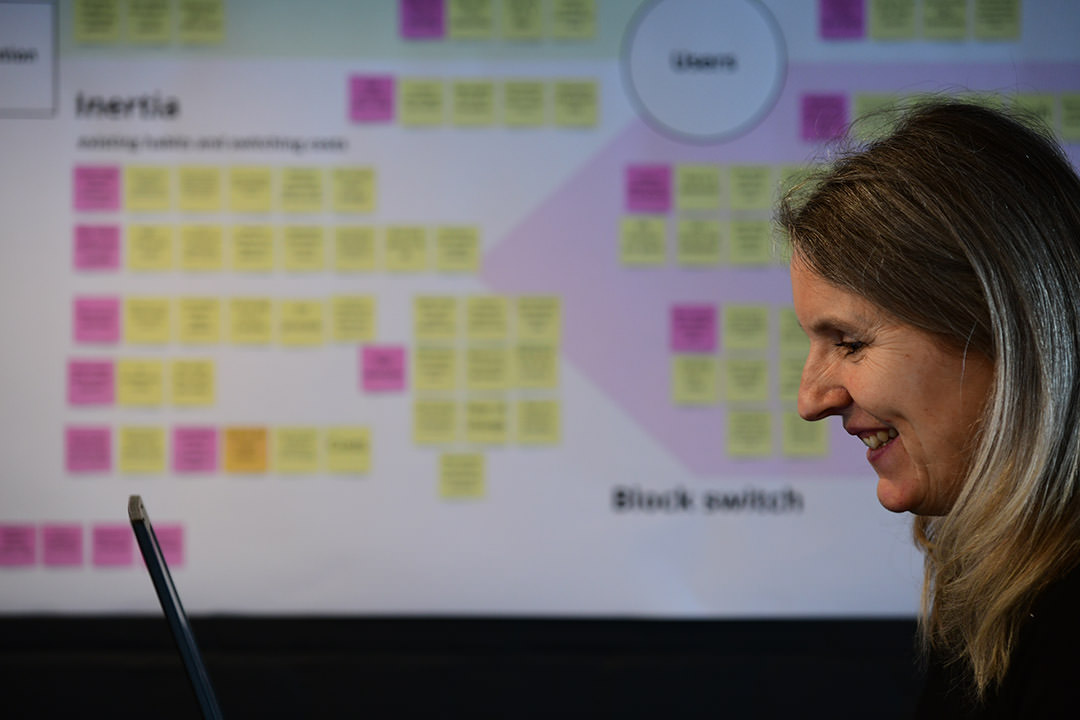Fixing the problem with planning data

We can’t easily see how local development is responding to community needs, like sites for schools or hospitals
Data in the planning system is not easy to access or use.
This means we can’t easily see how local development is responding to community needs, like sites for schools or hospitals. We also can’t do things like compare how different areas are proposing to meet acute housing needs, or have a view of the country’s commitments and housing plans as a whole.
There is, rightly, a drive to standardise elements of planning registers – which contain applications and permissions – and provide a better view of permitted developments. But the planning process starts way before permission is granted. And there’s no national picture of it.
Only by releasing the data that threads throughout the planning system, can we see a complete picture of how locally made planning policies contribute towards both national policy goals and the needs of local communities.
Why everyone’s talking about planning
For most of us, the first time we come into contact with the planning system is when we want to build something, or we want to object to someone else building something.
The planning application process is a crucial piece of local democracy. Making an application for planning permission means that a specific development should be appropriate to the context of the local area, and allows the community to contribute to that process.
However, it’s in something called “Local Plans” that all local planning policies and decisions for local planning authorities are set out. They identify how land is used and set out criteria for how planning applications will be considered.
Local Plans determine things like housing supply, jobs, and how local development should contribute to tackling climate change. This is really important stuff.
Fixing Local Plans
The important information in Local Plans often gets tucked away in pdfs in dark corners of a local planning authority’s website. So it’s difficult to know what stage a local planning authority is at in its plan making, or where to find the latest strategic policies for development in an area.
There’s no standard structure for the plans, their contents, or the measurable targets set within them. This flexibility in the type and format of Local Plans is both a strength and a weakness of the system. It allows Local Plans to respond to their local context, but constrains the ability to compare or understand a regional or national picture of planning policy.
If data about planning is going to be fixed, it needs to start here.
Testing how to use local planning data better
Earlier this year, dxw and the Planning Advisory Service worked with the Ministry of Housing, Communities, and Local Government (MHCLG) on a project to test ideas for the better use of data held about, and within, Local Plans. The challenge was to start developing a data standard for the timetable of plan making, and for the policy categories contained within plans.
Our aim was to start solving 3 issues:
- without standardised or machine readable data about and within Local Plans, planning authorities have no consistent methods or formats for production
- it’s difficult to know or have confidence in what stage of development a Local Plan is in
- there’s no national picture of vitally important plans
Treating planning policies as pieces of data
From working with local planning authorities and the MHCLG policy and digital land teams, it became clear that standardising timetable and policy category information was stopping short of the big opportunity. That opportunity comes from applying a standard to the policies themselves.
We realised that by starting to look at individual planning policies as pieces of data (with their own standard metadata), for the first time, we’d be able to easily compare, say, the annual affordable housing supply target for Trafford, with that of Lambeth. Or to accurately map which parts of the country have an area action plan. And so on.
Unearthing a big opportunity
Being able to do this meets real needs and would be transformative for planning. It would enable things like:
- national government seeing how local policy is emerging and changing, and setting national policy based on an accurate, up-to-date data
- planning decisions being intelligently mapped to the policies that guide them – imagine getting accurate data of, for example, affordable housing approvals against targets
- local planning authorities working with their neighbouring authorities to develop joint plans, or easily view how other authorities are addressing issues
- the Planning Inspectorate moving away from reviewing monolithic plans every 5 years, freeing up policies to be reviewed and adapted according to local changes and unexpected events like the accelerated change to how our cities and towns work as a consequence of Covid
- the content and data in Local Plans opening up for connecting with other data sets and for the wider property and technology sector
It would also mean that communities could engage more easily with, and influence the development of, planning policies for their neighbourhoods.
The value of accessible trusted data
We’re huge supporters of the work being done by the Digital Land team at MHCLG, who are working to:
Make land and housing data easier to find, use, and trust. This will lead to better decisions and fewer uncertainties and delays in the housing system, and more new digital services for property and planning.
Through developing a data standard for Local Plan timetables and policies, the foundation for a data infrastructure that makes this vision real can be built.